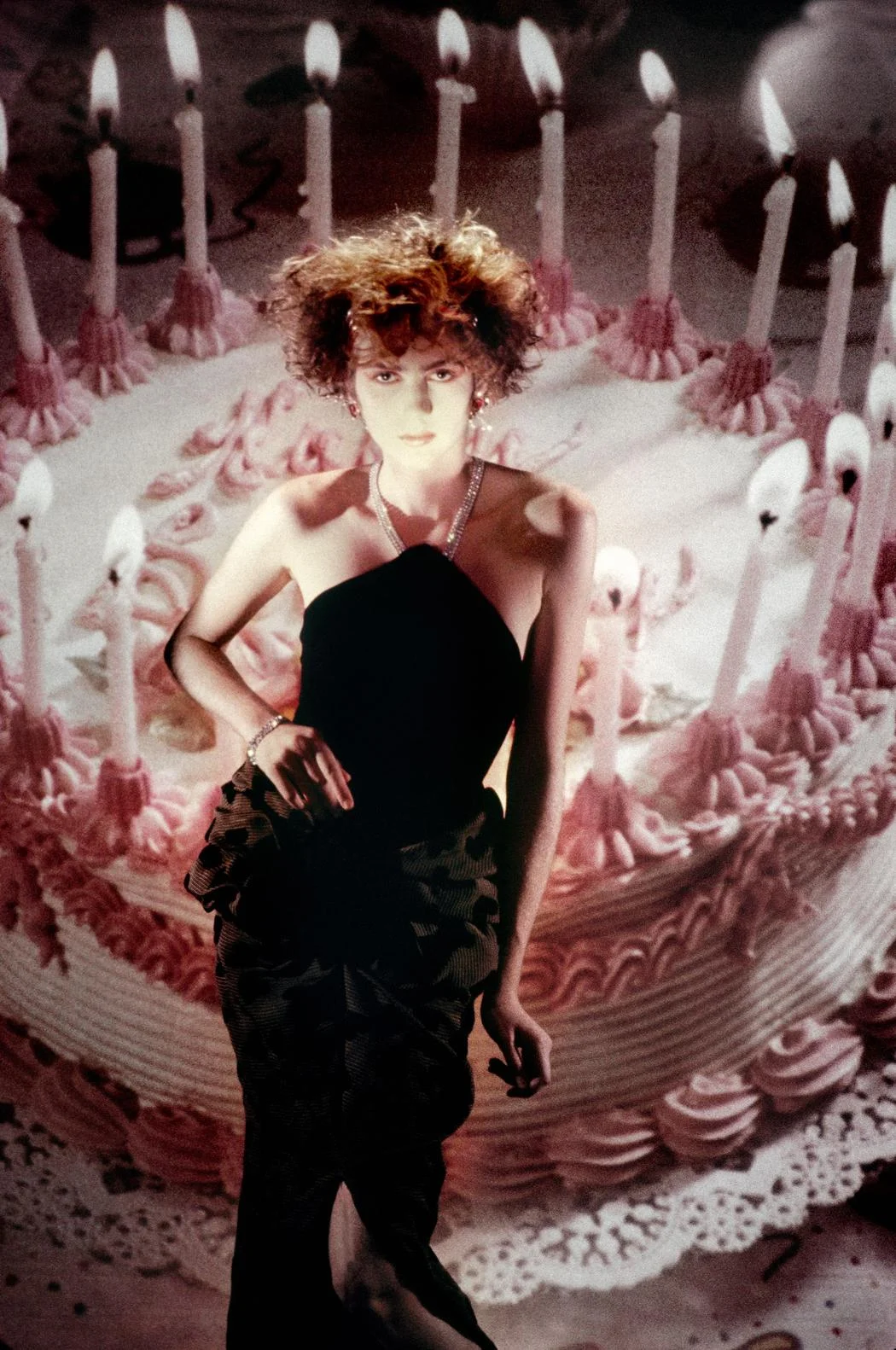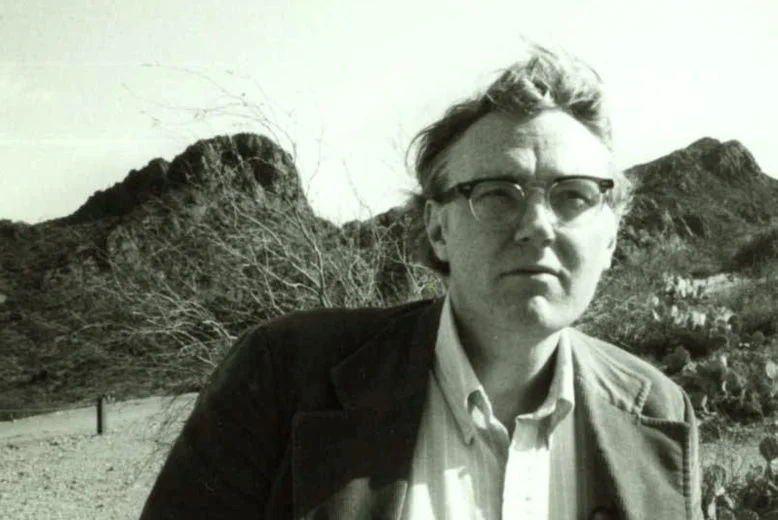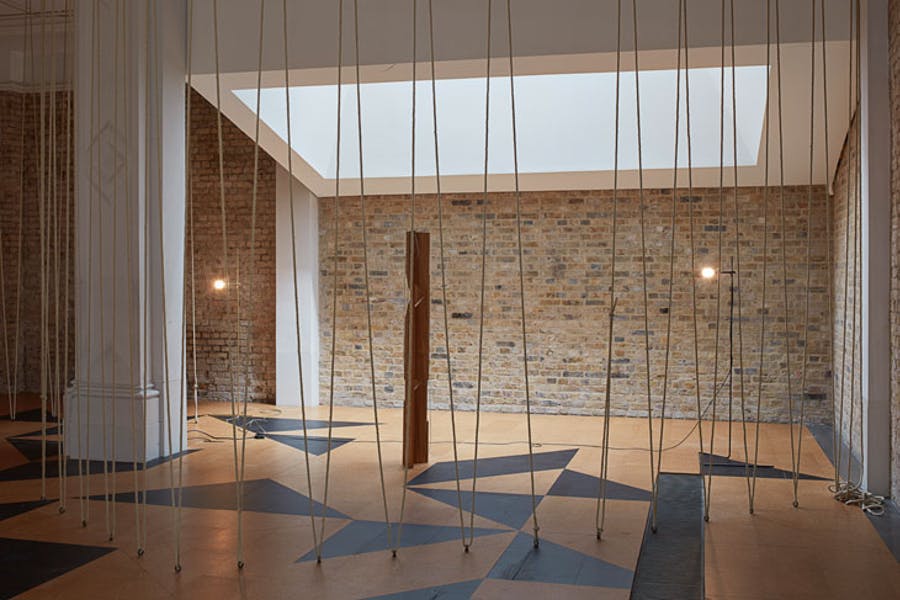[for the Telegraph, 24/2/18]
Vlautin thinks in B-roll footage: broad sighing vistas of the Nevadan hills, wild horses bathing in the sun, pinyon pine and birch trees and creeks that trickle along. That characters have to live here, punctuating nature with their mess of cause and effect, seems like an imposition.











